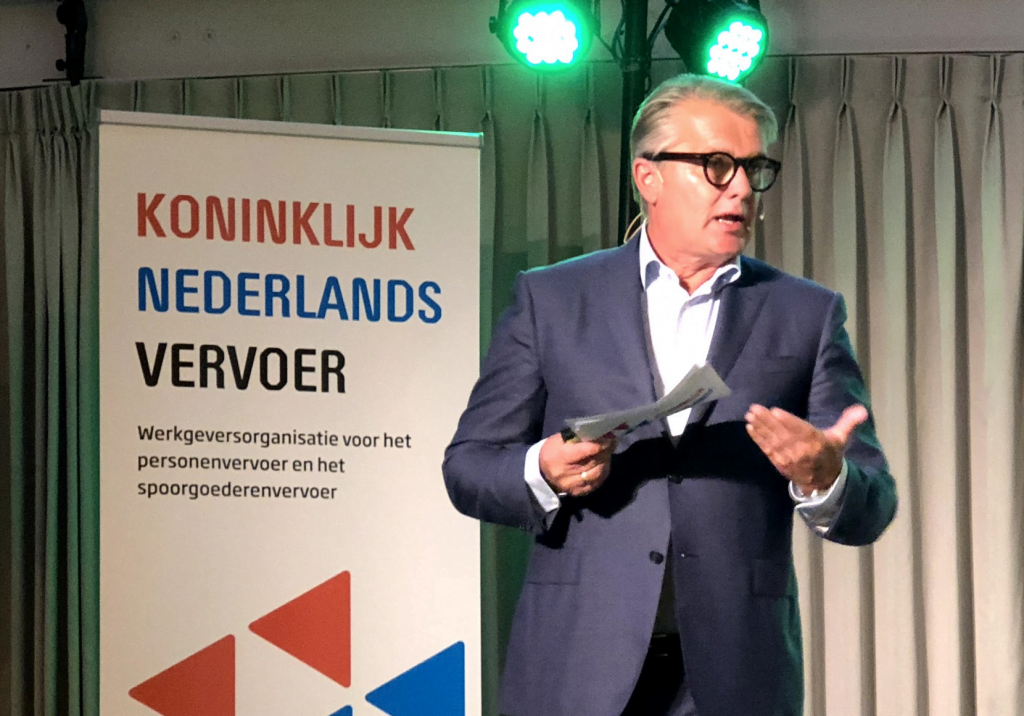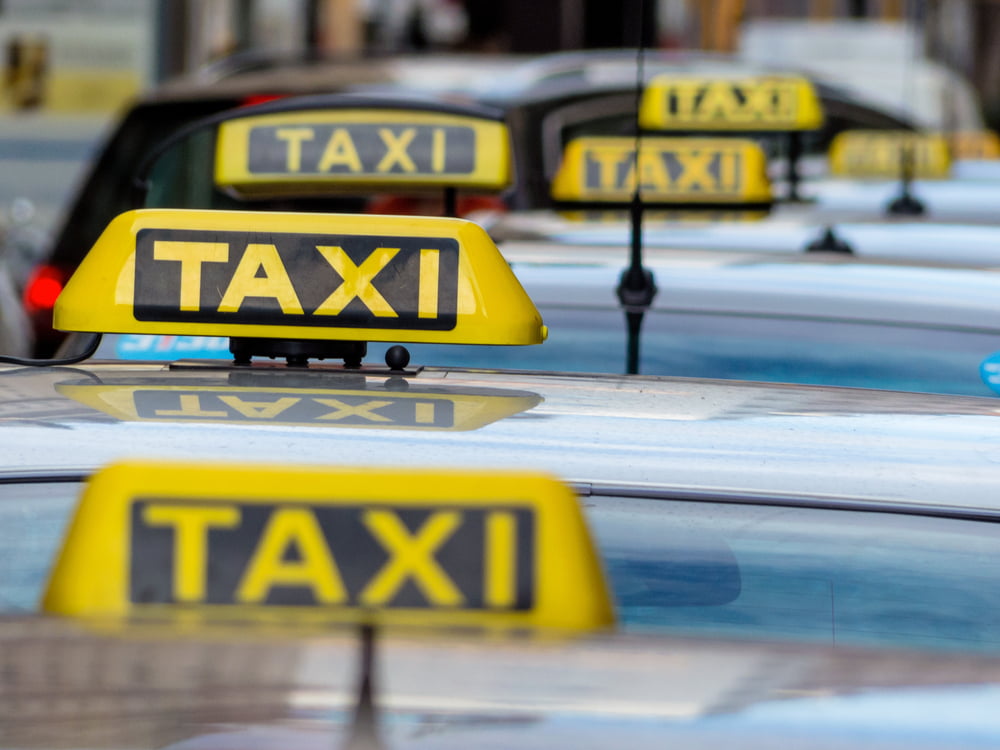Royal Dutch Transport urges the municipalities, even if the contract says 'no work, no payment', to continue to pay for transport during the coronavirus outbreak. Calls in a letter bertho Eckhardt the municipalities to pay contracted transport in the event of a transport failure due to the corona virus, because the available scheme for part-time unemployment is not sufficient.
KNV foresees that, given the very small margins and the very small business reserves, otherwise many health care providers will quickly run into serious financial problems. With the risk of bankruptcies and thus the discontinuity of transport, with all the consequences this entails for the indicated residents, the municipalities as clients and the employees.
"As Royal Dutch Transport (KNV) and employee associations FNV and CNV, we support pleas from VNO-NCW and MKB Nederland for cabinet measures to help companies and therefore their employees who are affected by the consequences of the corona virus." writing from Bertho Eckhardt, Vchairman Royal Dutch Transport (KNV) Healthcare Transport and Taxi.
entrepreneurial risk
Transport contracts issued by municipalities usually contain the provision that payment is only made for healthcare transport if it is actually performed. That seems reasonable, but if regular transport fails, for example because of code red with heavy black ice, because of an education strike and now because of the closure of classes and perhaps even entire schools, that is unreasonable.
KNV refers to the fact that at the time of the education strike, KNV, FNV and CNV have already pointed to this unbalanced risk distribution in transport contracts. Not knowing that such a situation would soon arise again and now, potentially, to an even greater degree.
fixed costs simply continue
After all, all fixed costs of the carrier, such as the wages of employees, with 65% the largest part of the cost price, simply continue. Only smaller items such as fuel and vehicle wear are reduced. In the event of partial dropout, if only part of the students are transported (ie if routes become less efficient), even these variable costs will continue to a large extent. In these cases it will become impossible to continue to pay wages in full, and the consequences of this in this sector will be great for employees and employers.
For the future, KNV advocates fair and more sensible risk distribution in the specifications that municipalities market for new transport orders. Only those matters on which carriers can exert influence belong to normal entrepreneurial risk.
It is impossible for a carrier to properly take into account the code for red weather, education strikes and large-scale virus outbreaks. Clients have often awarded the transport to the person with the best possible price without taking into account these kinds of circumstances. In our view, the client's budget should take into account the risks arising from force majeure. Those risks cannot be borne by the carrier and employees.
KNV calls on this signal from the sector to be taken seriously and calls on the municipalities to reimburse the days on which the transport by Corona cannot be carried out as 'driven days'. This call also comes on behalf of Agostino di Giacomo Russo (CNV) and Minke Jansma (FNV)
Also read: Pitane Mobility unites in the MaaS Lab of the KNV




